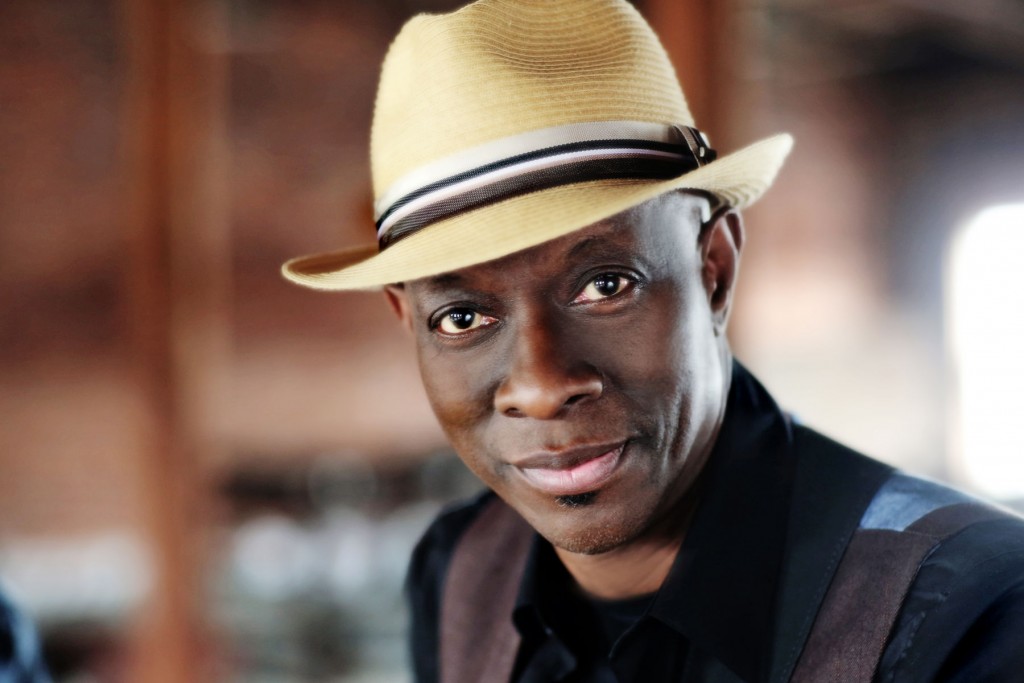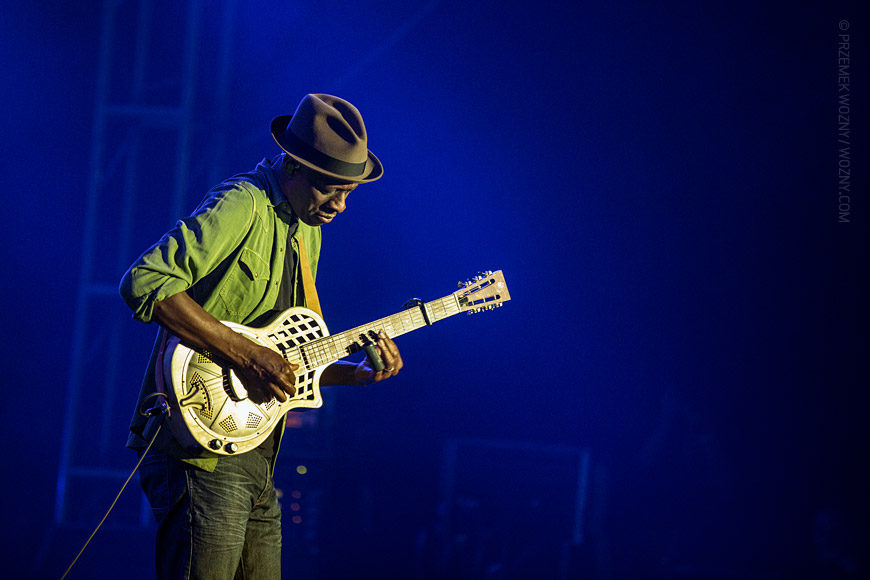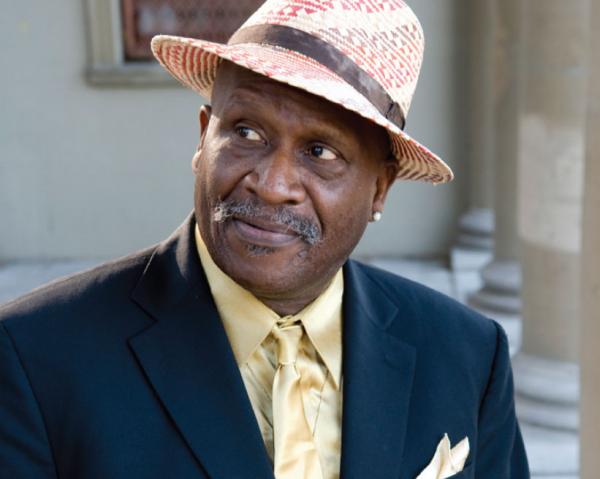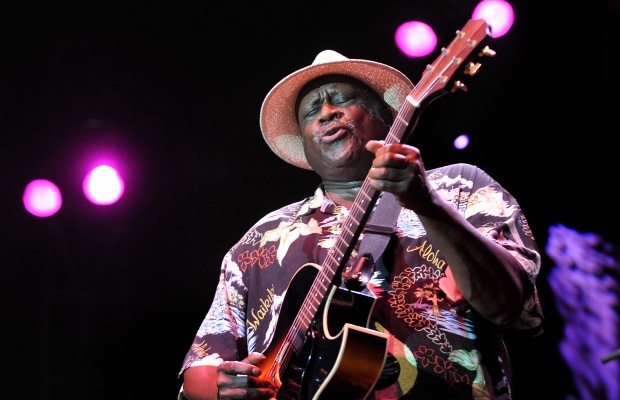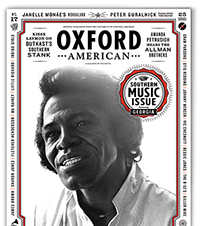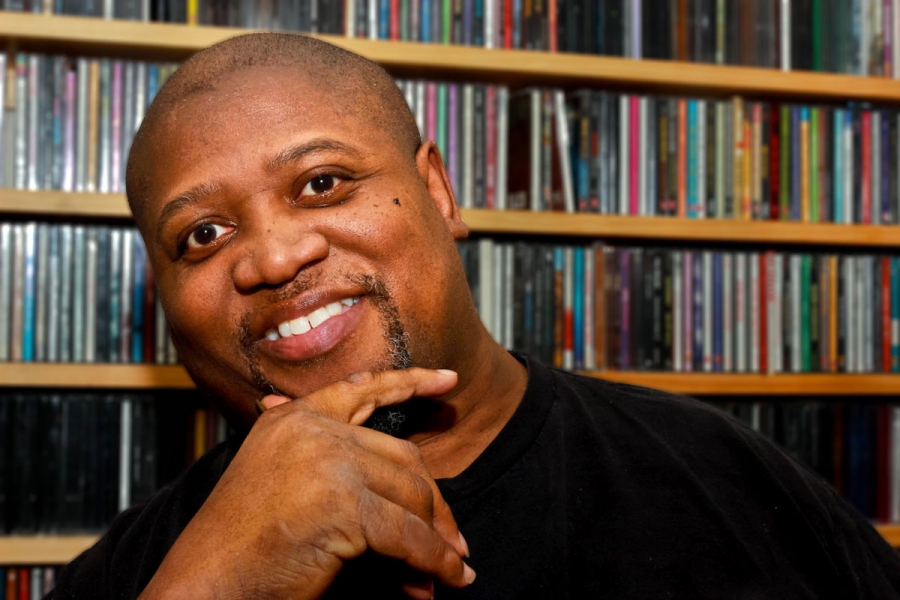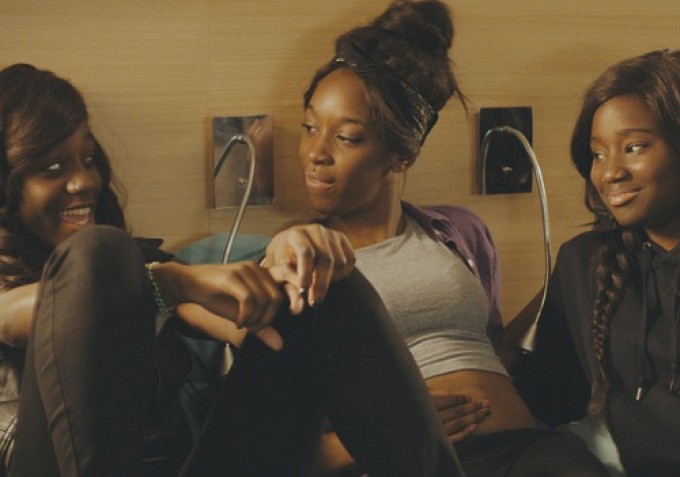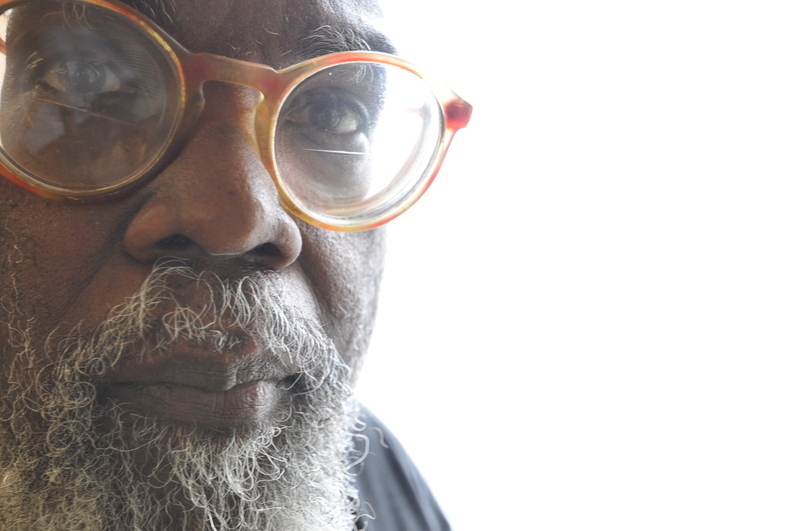
photo by Alex Lear
ALL MY LIFE
“Joshua, you’re laying here wounded in a hospital bed and you’re worrying about what’s happening in Fallujah?”
Joshua looked at Vivian, a pained tenderness clouding her usually clear dark brown eyes.
“No, I’m worrying about humanity, about the species, and about my own personal humanity. If I can’t feel their pain, how human am I?”
Vivian bit her lower lip. Joshua momentarily paused when he saw the signature sign that she disagreed with something he said.
“Vi, they’re killing women and children, dropping 500 pound bombs. Those people, all they’ve got is rifles and grenade launchers, and a will to resist. They’re burying their dead in a soccer field cause the Marines won’t let them get to a cemetery. And why? What for? Cause four mercenaries got killed? Cause, to quote president Chavez, that ‘asshole’ Bush…”
It wasn’t good for his healing when Joshua got so agitated. Closing her eyes to dam the beginnings of tears welling up, Vivian softly kissed Joshua in an intimate attempt to halt his ranting. Joshua did not return her kiss.
Ignoring her unvoiced plea, Joshua raised the remote and clicked on the TV. Since the play-offs hadn’t started yet, all he watched was the news for as long as he could stand it, which was usually twenty-some minutes at the max. If his brain was a computer, TV was a virus. What was he to do: the radio was worthless, filled with twenty songs in constant rotation on the pop stations, right wing toro-poopoo on the talk stations, and liberal drivel from NPR?
Vivian took the remote from Joshua’s hand; he did not resist. She clicked the mute on. The surrealness of Joshua watching war reports from his hospital bed was too much. Thankfully, the efficient hum of medical equipment provided an unobtrusive aural wallpaper.
“They doing that mess in our name, baby. You know?”
“I know.”
“I don’t want my silence co-signing that.”
She was faring worse than he was. Even with bullet wounds in his lower right leg, in his right side and in his left foot, Joshua was still feisty; his inability to sleep peacefully did not seem to too adversely affect him.
When you have shared a bed with a person for over thirty years, you know their breathing, how they toss when troubled, which way they turn when upset, moreover, inevitably you know that person’s slumbering self better than the person knows that part of their own self. Almost two whole weeks of keeping watch over Joshua’s fitful, sometimes nightmarish sleep had exacted a heavy toll, and now here he was all wrapped up in this Iraq thing…
In the pastel gloaming of the sun setting in the distance on the other side of the city, panoramic as a postcard when viewed from this seventh floor room, Vivian searched for something safe to say.
“Jamal’ll be here tomorrow.”
“I told that boy he didn’t have to spend that money to come out here. I’m alright. He’s just stubborn.”
“I wonder where he gets it from?” Vivian chided Joshua.
“Probably from his mama.”
Joshua returned his attention to the cool, color images flickering on the screen mounted on the wall facing his bed. What was Rev. Sharpton protesting now Joshua wondered without much interest. Then Kobe Bryant appeared. Josh reached for the remote. Vivian handed him the controller. The clipped but breathy tones of a female anchor gushed forth, “…charge that police did not read Bryant his Miranda rights.”
“Ain’t that something?”
“Joshua, please.”
“Ok. Ok.” Joshua clicked the TV off. “I’m just saying…”
“Joshua, we had this discussion already. Just because the police were wrong doesn’t make what Kobe did right.”
“You don’t even know what he did, Vi.”
“He admitted he committed adultery.”
“Yeah, ok.”
“Ok, nothing. He shouldn’t have never had that girl up in his room.”
“You’re right.”
Joshua looked up at the ugly ceiling. After twelve days of laying in bed, it seemed like he knew every inch of the room. In the corners, the wall, which once had been a sort of dark teal, now looked more like a putrid dish of lentil soup crusted over, molded and gone to some shade of brownish-green between tequila-laced, guacamole vomit, and the dirty brown of two week old road kill. Although he didn’t know what the name for that color was, he was sure there was a name and equally sure it was clearly delineated on Vi’s mental color wheel.
Joshua smiled grimly and then looked at Vi standing beside his bed, her left arm held across her paunch-less stomach and her slender right hand curled over her mouth–as usual, she was not wearing lipstick.
He really liked that she was not self-conscious about the faint, but unmistakable, sexy, facial hair above her full lips–at least he thought the ecru-colored, wisp of a moustache highlighting the plum dark fullness of Vi’s luscious lips was sexy as hell.
Funny, he had been able to resist the enticement of Vi’s kiss a minute ago, but now here he was, entranced by the tantalizing sight of her negroidal profile silhouetted by the twilight glowing through the two, large windows directly behind her. He was especially mesmerized by the way she pursed her mouth into a fleshy pout, and though it was concealed in the darkness covering her profile, he vividly imagined the deep dimple two thirds the way up her jaw. Even in her fifth decade there were no hanging folds of flesh marring the elegant line that curved from chin to jaw to throat. Vi could have been the perfect model for a Dogon mask.
Vivian saw Joshua lick his lips and slowly work his jaw muscles, producing saliva which he casually swallowed.
“Here.” Vivian held a straw to Joshua’s mouth so he could suck a small sip of cool water. As the liquid trickled down his esophagus, Joshua closed his eyes, wondering how it was that this wonderful woman always anticipated his desires. There was a slight click when she sat the plastic cup on the Formica tabletop; then the unmistakable sound of a visitor in the hall–it had to be a visitor because of the click of hard-soled high heels on the linoleum (all of the nurses were stealthy in their rubber-soled sneakers); and finally there was the distinctive, hushed, musical jangle of Vi’s bangles quietly clanging.
“Hmmmm,” Joshua half-audibly hummed as Vivian rubbed his chest. Vivian was leaning against the bed, the head of which was elevated at a gentle twenty-degree angle. She had slipped her right hand between the top and the third button of Joshua’s pajama top after deftly unsecuring the second button to give a wider range of motion.
“That feels good.”
Vivian playfully pinched his left nipple.
“Yeahhhh.”
A nurse walked in.
Vivian did not move her hand.
The nurse said nothing, peered at the equipment connected to the patient, picked up the chart and made a few quick notations. “Do you need anything, Mr. Gibson?”
“He’s Ok.”
Joshua glanced from Vivian to the young, white nurse–well, at least she had reason to be in his room. Vivian continued lightly scratching her fingertips through his chest hairs, maybe scratching was not the word for it, perhaps tingle-touching was a better way to put it; whatever, it felt good. When the nurse left, Vivian withdrew her hand. Oh, so Vi’s touches had been a marking of territory, a sign to other females: hands off.
“What’re you smiling about?”
“Why yall always got to want to know what a man is thinking?”
“Why are you men so reluctant to share your thoughts?”
“Just like yall got secrets…”
“Ok. Whatever.”
The lamp’s florescent glare masking its departure, daylight was near completely gone from the room.
“Mr. Tucker called.”
Josh knew where this was headed. Thirty-three years and counting. “I told that fool I don’t work cause I got to, I teach cause I want to. The kids need me.”
“I need you.”
“Just wait til they let me out of here, I’ll give you all you can handle.”
“Joshua, I’m serious. You know you could volunteer in a community program. You don’t need the pressure of teaching every day.”
“Vi, haven’t we crossed and re-crossed this bridge?” Hadn’t they talked about why he wouldn’t retire until he did thirty-five years? Thirty-five–just like his mother. It hadn’t mattered that it was safer when his mother taught, much less stressful, the schools better. Actually there was nothing sacred about thirty-five years. It was just something Joshua wanted to do.
He had started when he was twenty-three. In two more years he wouldn’t even be sixty yet–he had plenty enough years left to enjoy retirement.
Vi kicked off her comfortable red-suede mules and half sat on the side of the bed, cozying beside her husband. She drew her knees up, careful not to touch his side, and lightly rested her head on his collarbone while smoothly slipping her right hand down his arm, that sensual motion culminating with her fingers intertwining his as she clasped his hand.
Joshua had felt a twinge of discomfort when Vi climbed aboard but that was quickly replaced by the pleasure of her softness: soft touch caressing, soft voice humming, soft spirit nurturing.
Joshua half-turned his face towards the crown of her head. The peach-flavored fragrance of the shampoo in Vi’s salt-and-pepper un-cut, longer-than-shoulder-length, natural hair delightfully tickled Josh’s nose. Once out of high school, Vi had never again permed her hair and after she retired from the Post Office in ‘98, she said she’d let her finger-snap-short afro grow until 2000. By the time 2000 arrived, Joshua had gotten so used to burying his face in the luxurious pillow of her black and silver mane that he begged her to keep letting it grow, like, what was her name, Sonia Braga, yes, Sonia, that gorgeous Brazilian mama with the flowing, au-natural hair. Vivian preferred to believe that her auburn hair and skin shade resembled Alice Coltrane like on the cover of Alice’s Transformation album, but she knew Brazilian beauties was Joshua’s thing and had long ago come to understand that Joshua’s fantasies and movie-fueled infatuations were no threat to their marriage.
***
“Aaahhhh.”
Even though Joshua’s cry had not been very loud, Vivian woke instantly. The nightmare was back; this time after only two nights absence.
For the first week it had been very rough and then it got rougher–some inexplicable signal would rouse Vivian and she’d know immediately, Joshua was… was… well, was… what was it Robert Johnson sang? Hellhounds on his trail. Yes, that was it, Joshua would have that terrified look, the look of a runaway flailing through the swamps, vicious dogs about to leap on his back.
The first time Vivian saw Joshua cry she shrank back involuntarily for a moment before gathering her self and going to him. “Ssssshhhhh, ssssshhhh. It’s all right. I’m here.”
Joshua had shook.
“Ssssshhhh.” Badly as she wanted to, she had been afraid to hold him less she harm his wounds. She could only think to dab his forehead with a cool towel and to coo to him until he eventually quit shaking.
And, my God, that first time he hollered out, she was sure it was physical, probably his side or something like that. He wouldn’t talk. She rang for the nurse. They ended up sedating him. But it happened again a few nights later.
“Tell me. Joshua, tell me. What is it? Joshua?”
When he had turned to face her, his eye sockets were twin grottos, each filled with a glistening pool of tears. Vivian’s heart had raced at that point. She had never before seen him cry.
He didn’t have to say anything. She knew, from that first night when the police called, when they told her as near as they could figure it, some young thugs tried to car jack Joshua and a battle ensued over a gun and two people were shot, one was dead and “your husband is in the hospital. He’s wounded but the doctors say, it looks like he’ll pull through ok.”
Vivian had known the healing would be difficult but she was anxiously confident he would overcome. She remembered decades ago his struggle to master martial arts, how long it took him to get to black belt, how many times he damaged his hand trying to break wooden planks, but he kept at it…
“Vi, you know I been loving you since I met you…”
Vivian snapped out of her momentary hypnosis. It had only been three and a half seconds before she gathered herself and bent to minister to Joshua, but during that long interval, Vivian had remembered encountering this anguish for the first time.
“Sssshhhh, sssshhhh. Joshua’s it’s ok…”
She had also remembered Joshua apologizing for loosing the new, forest green, Toyota Prius that was found two days afterwards, burned out. The irony of getting jacked for an environmentally safe car and that car subsequently getting trashed; were it not so serious, it would have been laughable.
“…don’t try to talk. It’s ok.”
When Vivian bowed to rub Joshua’s brow, he turned his head away. She began humming Naima, Joshua loved her singing.
Vivian knew, neither the car nor his wounds was the issue, it was…
“Vi, you know, it’s like, I don’t see how we’re going to survive.” He spoke while looking at the wall. “What can we do? The shit has gotten so bad. All my life… well, you know.” Joshua paused, turned to face Vivian and then continued in a firm voice, “The sit-ins, the going to jail, the African liberation support stuff in Tanzania and hanging in the bush with the Frelimo guerillas in Mozambique, right down to supporting the Sandanistas in Nicaragua in the eighties, and, all that. You know?”
Joshua stared helplessly at Vivian, she closed her eyes, bent low and whispered in his ear: “this too shall pass.” But even as she said it, she knew that neither she nor Joshua would ever reconcile themselves to the horrible guilt that Joshua felt for killing that boy.
“He told me to run. I said, take the car, man. He said, ‘run, nigga.’ Vi, I ain’t never run from nobody in my life, and I wasn’t about to start that night. I was already mad cause I had bought this car for your birthday and…”
“It’s ok, it’s ok.”
“Naw it ain’t. When he shot me in the foot, I knew I had to do something or at least die trying, even though it was two of them. I would’ve been alright, but the other one started shooting…”
Joshua stopped.
It was early, early, ‘fore day in the morning. The silence was awful. The sinister mechanical chirp of the medical equipment, awful. Joshua squeezed the morphine pump. Vivian blinked to keep her own tears from spilling as she bent low and slow-kissed away Joshua’s tears.
-end-
—kalamu ya salaam

